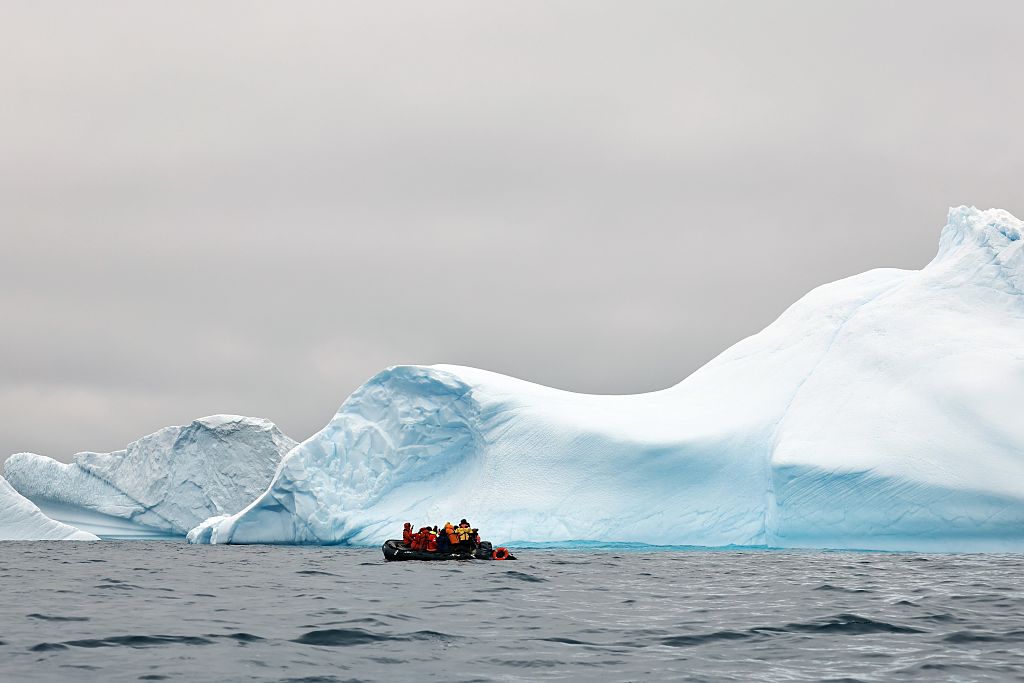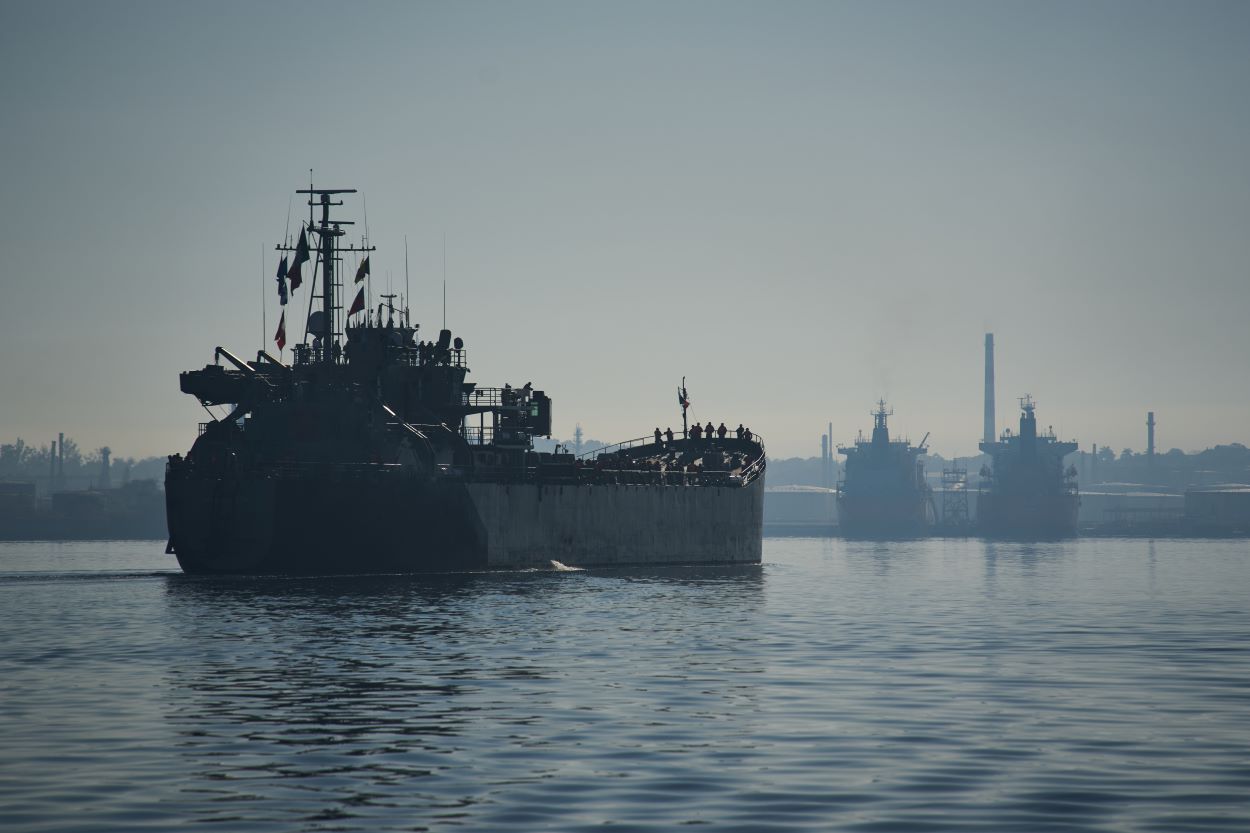Latin American Leaders Converge to Form CELAC
Latin American Leaders Converge to Form CELAC
As leaders from 33 countries converge in Caracas for the kickoff summit of the Community of Latin American and Caribbean States, observers debate the regional body’s potential for future success.
On December 2 and 3, heads of state from all 33 Latin American and Caribbean countries will come together in Caracas to found the Community of Latin American and Caribbean States, known as CELAC. Supporters of the project—which will form a community of every country in the Americas except for the United States and Canada—believe CELAC will fulfill “Bolivar’s dream” of a united America. But detractors question the usefulness of a potentially redundant forum in a region already plagued by a history of hobbled attempts at integration. Even so, the idea has received praise from many Latin American leaders for its historic goal—to form a body encompassing the entire region.
The idea for CELAC originated during the twenty-third Rio Group summit in 2010, held in Cancun, Mexico. It is proposed as a successor to the Rio Group and the Latin American and Caribbean Summit (CALC). Many Latin American and Caribbean leaders are enthusiastic about the project. Mexican President Felipe Calderón said it proves that “Bolivar’s dreams of a united America…are more alive than ever,” while Venezuelan President Hugo Chávez believes it will be “the most important political event to have occurred in our America in 100 years or more.” The new group opens space for Mexico, at times excluded from Latin American initiatives in South America, and Cuba, expelled from the Organization of American States (OAS) in 1962 for the Communist Revolution.
Details of what shape CELAC will take are as yet unclear. In an interview with state television station Venezolana de Televisión, Venezuelan Foreign Minister Nicolás Maduro said that the organization will promote trade and development, create a “peace zone,” and serve as a forum to resolve regional conflicts. But Latin American leaders may have differing expectations for CELAC. Cuba, Venezuela, and other Bolivarian Alliance (ALBA) members view it as a way to assert their independence from Washington, with Ecuadoran President Rafael Correa stating he would like to see it replace the Washington-based OAS. On the other hand, Chile, which will hold the rotating presidency in CELAC’s inaugural year, says the body will focus on “promoting human rights and democracy,” a sentiment shared by Mexico. Brazil and Argentina see it as a means to construct a response to the global economic crisis and promote regional economies through import-substitution.
However, critics question the need for another regional group when such bodies have demonstrated—at best—middling results when it comes to accomplishing policy goals in the past. In an editorial for O Estado de São Paulo, Dr. Ricardo Sennes of the Universidade de São Paulo questions the feasibility of CELAC: “We are already facing problems implementing UNASUR, restricted to South America, a clear geopolitical entity—imagine an institution encompassing Latin America.” The Economist wagers that the overlapping of CELAC’s mission with UNASUR’s goals could render CELAC redundant. The same article also says there is “summit fatigue” in the region, evidenced by the poor reception at this year’s Ibero-American Summit, which half of the region’s leaders chose not to attend. Press coverage has been most fervent among the ALBA countries, with a tepid response from other Latin American countries.
How CELAC pans out depends heavily on what’s spelled out during this first summit. Latin America analyst James Bosworth writes in Bloggings by Boz that CELAC will succeed by following substantive recommendations of its members rather than making membership central to debate. “Any international organization that spends most of its time discussing who is or isn't a member is not being effective,” he says, and points out that a concurrent UNASUR summit has a more definitive, rhetoric-free agenda. As far as CELAC’s proposed summit agenda goes, delegates will agree on the regulations that will guide CELAC on Saturday, with many details still left to be decided. Reconciling the differing expectations of the Latin American leaders will be difficult. Still, says Argentine Foreign Minister Hector Timerman: “the mere fact of bringing together, united, all countries of Latin America and the Caribbean is something that history will recall.”
Learn More:
- CELAC’s official website
- Venezuelan Ministry of the People’s Power for Foreign Relations, with live news updates of the conference
- World Politics Review’s “CELAC Signals Start of a New Era in Latin America”








